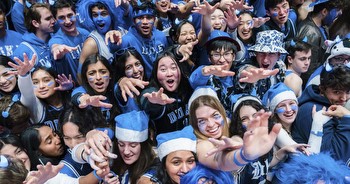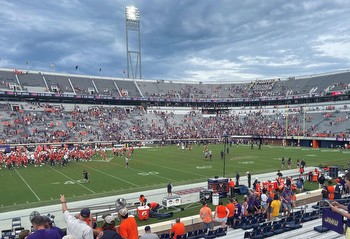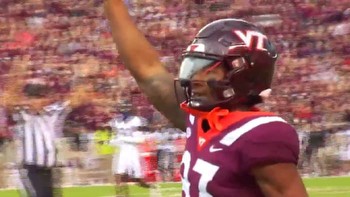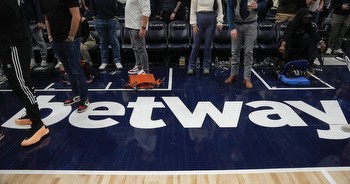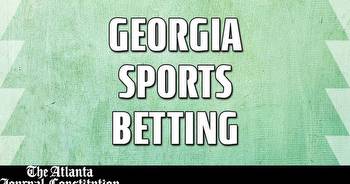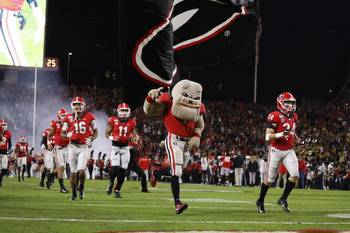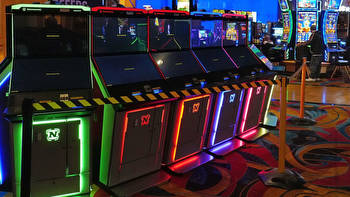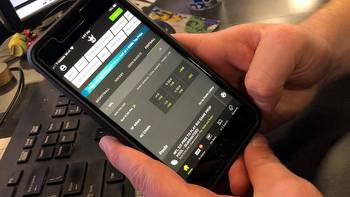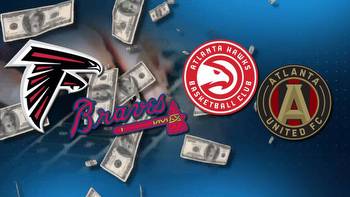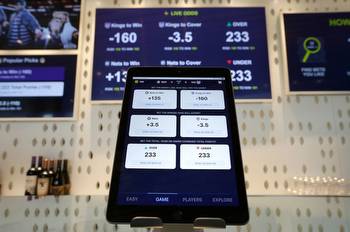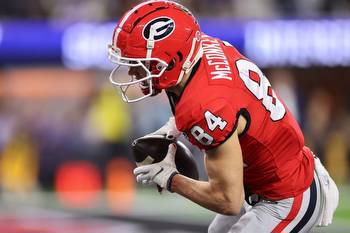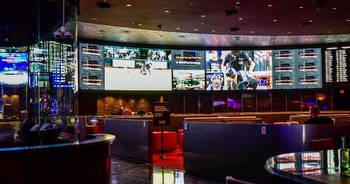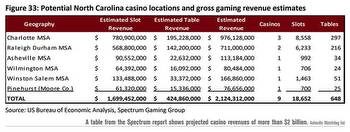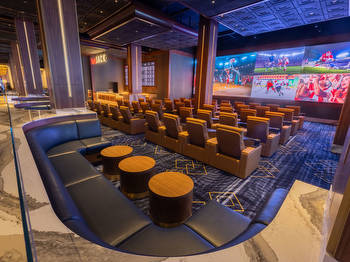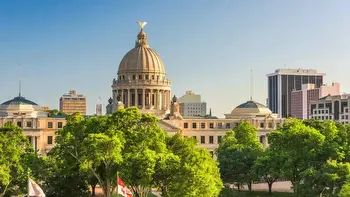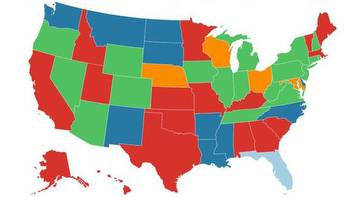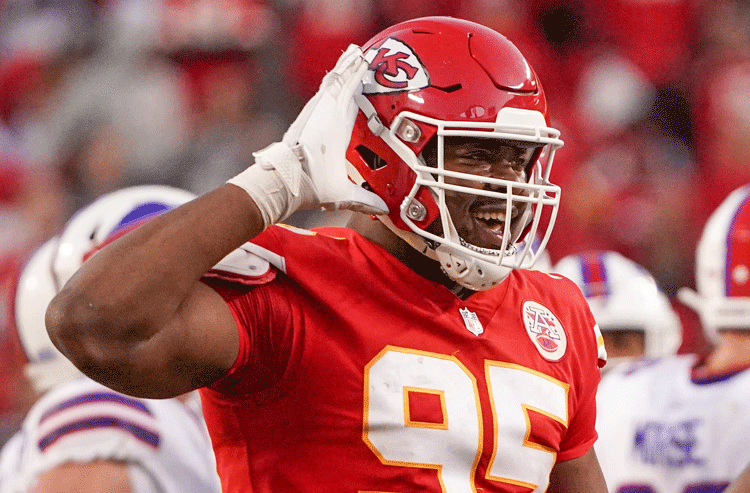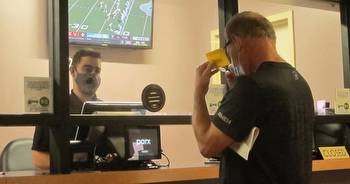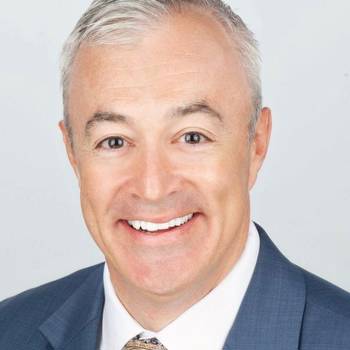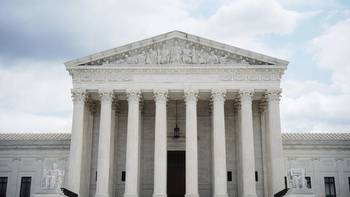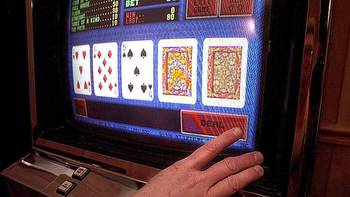Virginia: Could gambling on its college teams soon be legal?
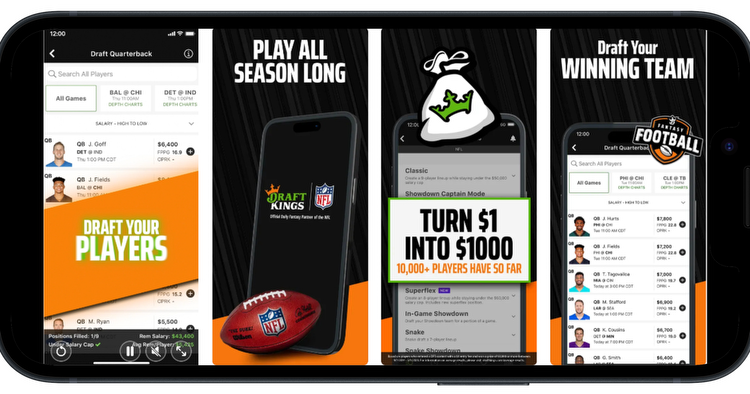
In Virginia, sports gambling is legal, as long as the teams involved are not colleges within the commonwealth.
A bill at the General Assembly, Senate Bill 124, aims to change that and allow adults to wager on such teams as Virginia Tech football or University of Virginia basketball.
Some legislators worry such a measure would leave college athletes susceptible to taking bribes and manipulating the outcome of games. But Sen. Schuyler VanVaklenburg, D-Henrico, the bill’s sponsor, said it is safer to legalize gambling and regulate it, because people are already wagering on Virginia’s teams from other states and through illegal means.
“You can ban it, but people are still going to do it,” VanValkenburg said. “The fear that this is going to corrupt or put pressure on Virginia athletes, that’s already there. We’re already living in that world.”
Some type of gambling on sports is now legal in 38 states, according to Forbes.
Since sports gambling became legal in Virginia in 2021, it has exploded into a huge business. Virginia residents wagered $639 million on sports in November, the highest yet in a single month, according to BetVirginia.com, a site that promotes gambling in the state.
When the General Assembly approved gambling on sports in 2020, Del. Mark Sickles, D-Fairfax, warned that if college athletes could bet on their own games, they would have motivation to alter their outcome.
But VanValkenburg believes there is already pressure on athletes to accept bribes. People living outside Virginia can bet on Virginia college games — North Carolina, Maryland and Washington allow sports betting. And it isn’t difficult for a Virginia resident to place a bet through a friend in another state or through an illegal bookie.
Plus, some legal bets placed in Virginia indirectly involve state colleges, VanValkenburg said. If a person bets on the University of North Carolina to win the ACC basketball championship, he or she has bet against the University of Virginia and Virginia Tech.
“People are still gambling on Virginia athletes legally when they gamble on other teams,” VanValkenburg said.
The bill would not allow all types of bets on Virginia colleges. It would continue to ban proposition betting, or prop bets, in which a bettor places money on a specific outcome, such as a quarterback throwing three touchdowns in a game.
Still, colleges generally do not support gambling on their teams, VanValkenburg said. In 2020, several college presidents jointly wrote a letter to legislators asking them to ban the practice for their sports.
Colleges quiet so far
Virginia colleges contacted last week did not offer an opinion. Virginia Commonwealth University does not have a position on the bill and has not been consulted by legislators, said Ed McLaughlin, the school’s athletics director.
Spokespeople for the UVa, Virginia Tech, Old Dominion University and James Madison University either declined to comment or did not respond to messages seeking comment.
Rick Hamlin, a former boys basketball coach at Trinity Episcopal School, said high Division I players have much to lose when accepting a bribe. They jeopardize their spot on the team and a possible professional career.
Now that college players can make money legally on their name, image and likeness, they have even less incentive to take illegal money. Armando Bacot, who played for Hamlin and now stars at UNC, expected to earn hundreds of thousands of dollars in endorsements and other appearances, Sports Illustrated reported in 2022.
The players who are more susceptible to bribes are those at lower levels of college athletics, Hamlin said, where there’s less attention and less money to be made from their name, image and likeness.
Given that there are so many ways to already bet on Virginia colleges, it’s best to legalize and monitor the practice, VanValkenburg said.
The Virginia Lottery oversees casinos and sports betting, and other agencies regulate other forms of gambling. The state’s Joint Legislative Audit and Review Commission recommended in 2022 consolidating the work into a single state gaming agency. The state is still working to perfect its regulatory framework, VanValkenburg added.
Most sports gambling here is dominated by just a few businesses, according to the Virginia Lottery. While there are 17 operators authorized to accept bets, three of them controlled 80% of the market in the first 11 months of 2023: FanDuel (40%), DraftKings (28%) and BetMGM (12%),
Some operators who had a miniscule share of the market already left. WynnBet sportsbook closed in Virginia last year, and Unibet will close in March.
While the vast majority of bets are placed on apps, a few are made in person at casinos. Virginia voters approved casinos in four cities in 2020.
A casino in Portsmouth, Rivers Casino, opened a year ago. One in Bristol opened in a temporary location, and its permanent building, operated by Hard Rock, is expected to open this summer.
Danville also opened a temporary casino, and its permanent building, operated by Caesars, is scheduled to open later this year. The Pamunkey Indian Tribe is planning the HeadWaters Resort & Casino in Norfolk adjacent to Harbor Park. Construction has not begun.

